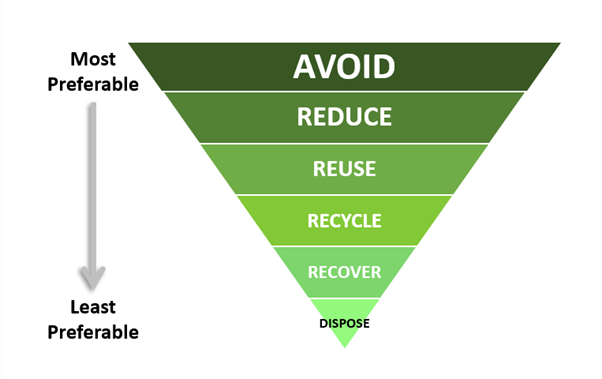The amount of waste generated by Australians is growing every year, leading to significant capacity issues in landfills and recycling facilities.
The Victorian Government’s Recycling Victoria: A New Economy seeks to reduce waste going to landfill, improve the recoverability of recycled streams and ultimately transform our economy from linear to circular.
Single Use Plastic Ban
Regulations have now been made by the Victorian State Government to ban certain single-use plastics from sale or supply in Victoria from 1 February 2023. This ban includes:
- drinking straws
- cutlery (including knives, forks, spoons, chopsticks, sporks, splades, food picks)
- plates
- drink-stirrers and sticks
- expanded polystyrene food service items and drink containers.
- cotton bud sticks.
You can find out more about what is included in the ban and what is exempt here.
Container Deposit Scheme
A glass service is planned to be rolled out to residents in 2024, the model of which is yet to be determined by the Victorian Government.
Food Organics, Garden Organics
Alpine Shire Council will be bringing in a third kerbside bin for Food Organics and Garden Organics (FOGO) in July 2023 (urban collection properties only).
Waste Hierarchy and Circular Economy
The waste hierarchy prioritises the ways we can all reduce the amount of waste that ends up in landfill.

Following the waste hierarchy allows us to use resources more efficiently and sustainably, and hence create less waste.
At the top of the hierarchy are waste prevention options of Avoid and Reduce; these options use the least resources, produce the smallest amount of waste, and so have the smallest impact on our environment.
Then we move to options that optimise resource recovery and contribute to a circular economy; Reuse, Repair, Recycle, Recover. Finally, and inevitably, there is the management of residual waste – items that cannot be safely recycled and must be treated, where required, and disposed of.





